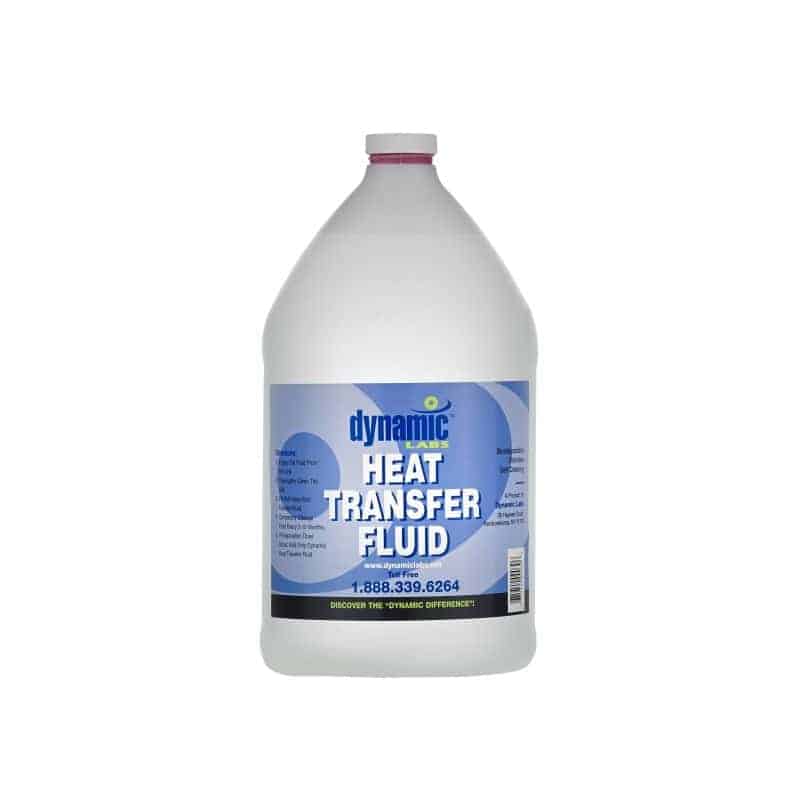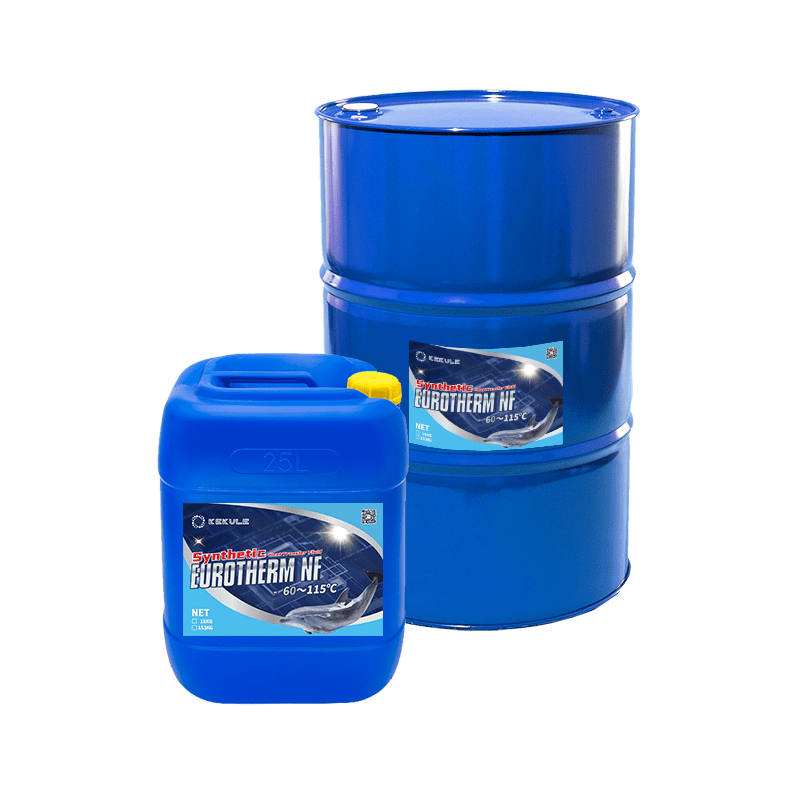The Function of Warm Transfer Fluid in Enhancing System Performance and Security
In the ever-evolving landscape of commercial procedures, warmth transfer fluids (HTFs) become critical elements in enhancing both system efficiency and security. These specialized fluids, understood for their remarkable thermal conductivity and controlled viscosity, make it possible for effective warm exchange, which is essential for structured procedures. The impact of HTFs expands beyond mere performance; their fundamental thermal stability and low flammability substantially add to take the chance of reduction. As sectors come to grips with the demand for high-performance and secure procedures, recognizing the nuanced function of HTFs comes to be essential. However just what makes HTFs so vital in today's commercial structures?
Comprehending Warm Transfer Liquids
Warmth transfer liquids, typically thought about the lifeline of thermal monitoring systems, play a crucial role in regulating temperature level throughout different commercial applications. These liquids are crucial in processes where warmth have to be either taken in or dissipated to preserve ideal operating conditions. Industries such as chemical handling, power generation, and manufacturing rely on heat transfer fluids to guarantee tools runs effectively and safely. By promoting the transfer of thermal energy, these liquids help in preventing overheating, hence lengthening the lifespan of equipment and reducing downtime.
The choice of an appropriate heat transfer liquid is crucial to the success of a thermal monitoring system. In summary, an extensive understanding of warm transfer fluids is important for maximizing system efficiency, guaranteeing operational safety, and achieving economical thermal administration options.
Trick Properties of HTFs

The particular warmth capability of an HTF marks the quantity of warm energy required to change its temperature, impacting just how successfully the system can respond to temperature level variations. The boiling and freezing factors of HTFs likewise play an essential duty, specifically in systems subjected to severe temperatures, guaranteeing fluid security and protecting against phase changes throughout procedure.
Enhancing System Performance
To boost system performance with warm transfer fluids (HTFs), it is necessary to integrate a comprehensive method that thinks about both fluid buildings and system design. The choice of a proper HTF is pivotal, as its thermal conductivity, viscosity, and certain heat ability straight affect the performance of heat exchange.
Similarly vital is the style of the warmth transfer system itself. The surface area and material of heat exchangers must be enhanced to make the most of warm transfer efficiency.
Boosting Operational Security
Guaranteeing functional security in warmth transfer systems needs a precise concentrate on both the properties of warm transfer liquids (HTFs) and the layout and upkeep of the whole system. HTFs have to possess thermal security, reduced flammability, and ideal viscosity to minimize risks such as leakages, fires, and system breakdowns. Selecting the ideal HTF is vital as it determines the system's ability to take care of temperature changes without jeopardizing safety and security.
The style of the system need to integrate redundancies and fail-safes to handle potential risks successfully. This consists of why not check here the combination of security shutoffs, stress alleviation tools, and temperature level monitoring systems to detect and address anomalies quickly. Normal upkeep is crucial to guarantee that all components, consisting of pumps, pipes, and seals, are operating correctly and are complimentary from wear or rust, which might bring about hazardous leakages or failings.
Moreover, workers accountable for the procedure and upkeep of heat transfer systems have to be adequately learnt security protocols and emergency feedback treatments. Consistent training programs and security drills can dramatically decrease the possibility of mishaps, making certain a much safer working environment. Inevitably, a comprehensive technique to safety-- incorporating liquid selection, system design, and labor force training-- is indispensable for optimal operational security.
Market Applications of HTFs
Extensively utilized across different markets, warmth transfer liquids (HTFs) play a vital function in boosting the performance and dependability of thermal monitoring systems. In the chemical industry, HTFs are integral for preserving exact temperature levels during reactions, making certain item consistency and top quality. They home facilitate warmth exchange procedures in activators, condensers, and heat exchangers, thereby enhancing energy use and lessening waste.
In the oil and gas industry, HTFs are utilized in both upstream and downstream operations. They take care of temperature level in boring procedures and boost effectiveness in refining processes by giving steady thermal conditions. This leads to lowered downtime and boosted safety, particularly in essential operations such as distillation and cracking.
The renewable resource field additionally benefits dramatically from HTFs, especially in concentrated solar energy (CSP) plants. Here, HTFs transfer captured solar power to power turbines, enabling effective electrical power generation. The pharmaceutical industry depends on HTFs for accurate temperature control in both synthesis and storage space, ensuring product efficiency and security.


Additionally, the food and drink sector uses HTFs for pasteurization, sterilization, and cooking procedures, boosting both item security and production efficiency. Across these industries, HTFs serve as essential components in preserving optimal operational efficiency and safety and security.
Verdict
Heat transfer liquids are necessary in enhancing commercial system efficiency and safety and security by using high thermal conductivity, optimal viscosity, and thermal security. Correct selection and maintenance of HTFs enhance heat exchange effectiveness, you could look here therefore enhancing functional efficiency.